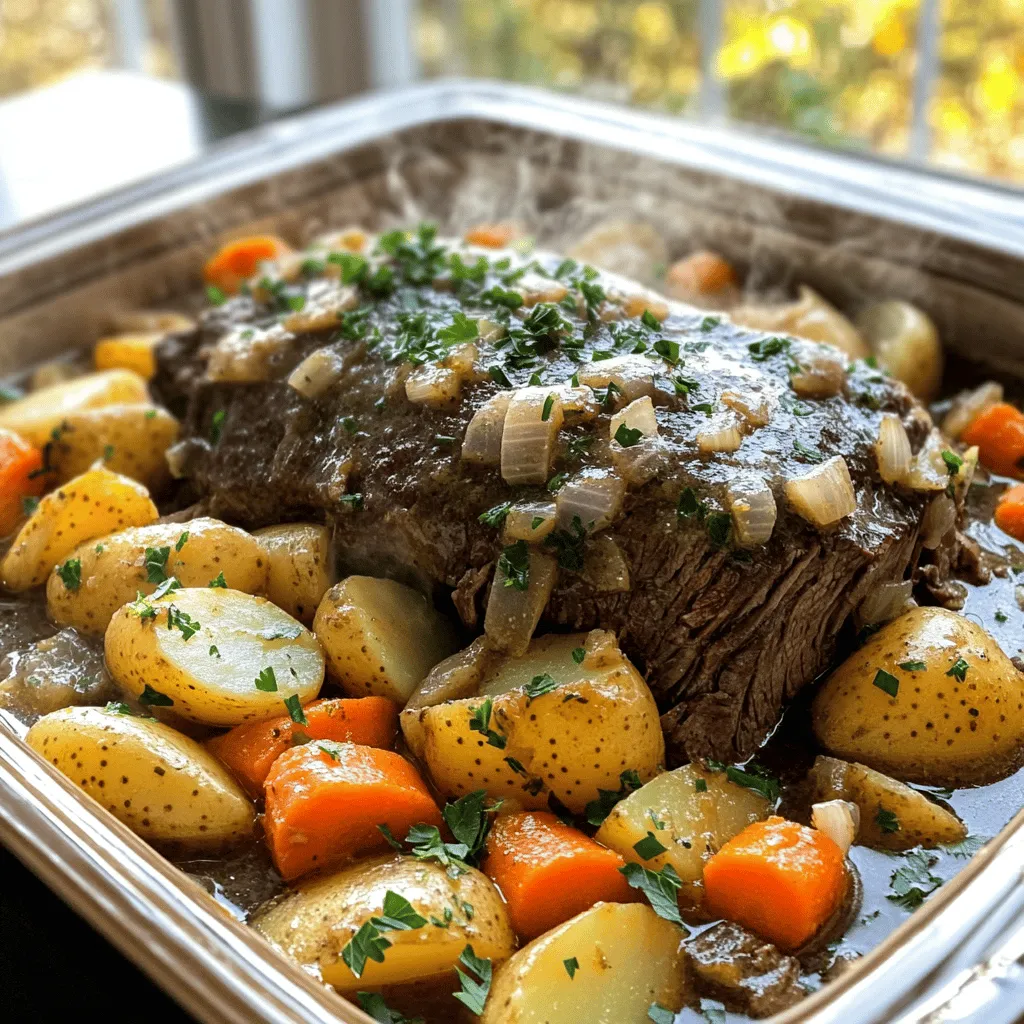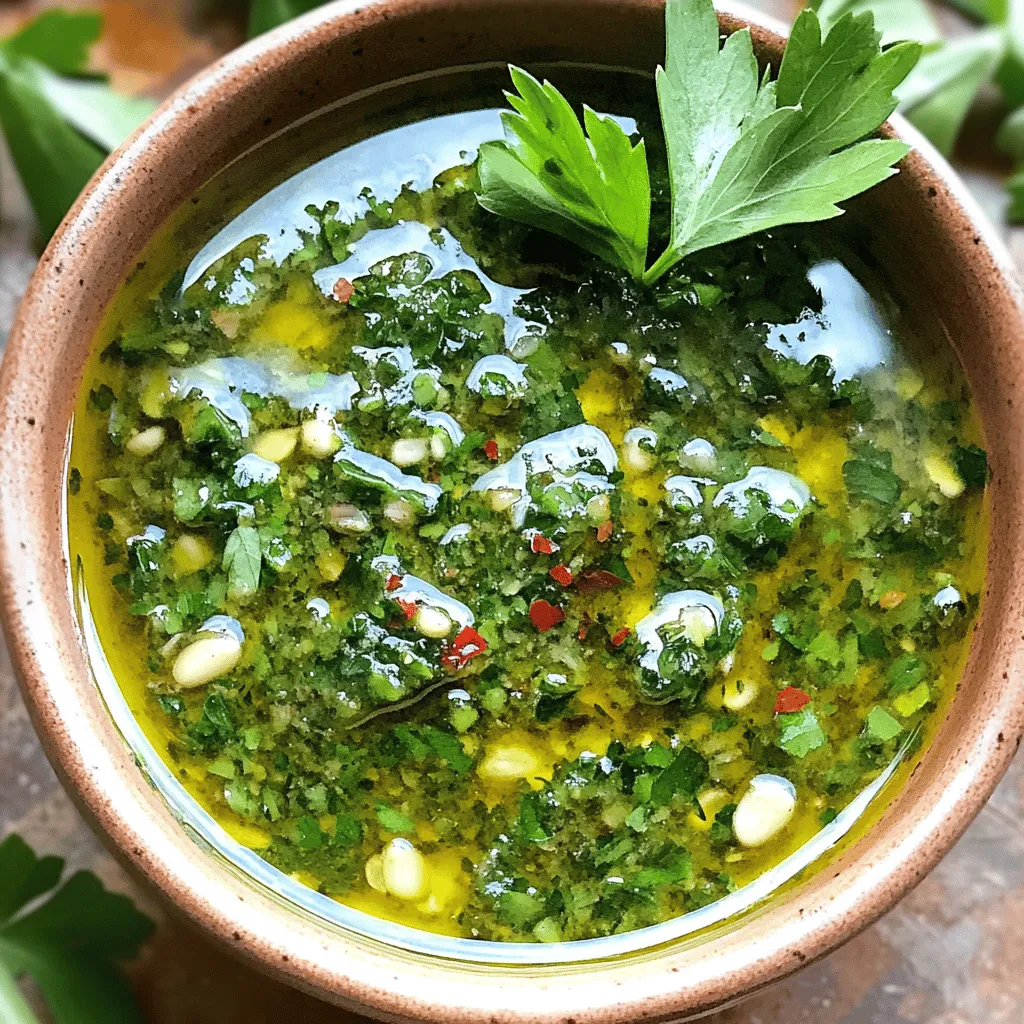Introduction
Indulging in a perfectly cooked ribeye steak topped with a rich and creamy blue cheese sauce is a culinary experience that many steak lovers cherish. The ribeye, known for its exceptional marbling and robust flavor, serves as the ideal canvas for the tangy richness of blue cheese. This article delves into the art of preparing Savory Ribeye Steaks with Creamy Blue Cheese Sauce, a dish that combines robust flavors with a luxurious texture. Whether you’re hosting an intimate dinner party, celebrating a special occasion, or simply treating yourself to a gourmet meal, this guide will equip you with the knowledge to impress.
Ribeye steaks are celebrated not only for their flavor but also for their tenderness, thanks to the intramuscular fat that melts during cooking. When paired with a creamy blue cheese sauce, the result is a decadent dish that elevates any dining experience. Throughout this article, we will explore each step of the recipe, the ingredients needed, and the techniques that ensure your steaks are cooked to perfection.
Understanding Ribeye Steaks
Defining Ribeye Steak
Ribeye steak, derived from the rib primal of the cow, is one of the most sought-after cuts of beef. It features a unique marbling pattern, characterized by flecks of fat interspersed throughout the muscle. This marbling is what gives ribeye its rich flavor and buttery texture, making it a favorite among steak aficionados. The cut is known for its tenderness, allowing it to be cooked to various degrees of doneness without sacrificing quality.
The flavor profile of ribeye is robust and beefy, often described as being richer than other cuts, such as sirloin or filet mignon. This deep flavor is a result of the high fat content, which not only enhances taste but also provides a succulent mouthfeel. For the best results, ribeye steaks should be at least 1 to 1.5 inches thick. This thickness allows for a perfect sear on the outside while keeping the inside juicy and tender, creating a delightful contrast in textures.
Choosing Quality Steak
When it comes to selecting the best ribeye, the quality of the meat is paramount. Here are some tips to help you choose the perfect ribeye steak at your butcher or grocery store:
1. Look for Marbling: Quality ribeye steaks should have a generous amount of marbling. The more intramuscular fat present, the tastier and juicier the steak will be. Seek out steaks that have a consistent white marbling throughout.
2. Check the Color: Fresh ribeye steaks should have a deep red color, indicating freshness. Avoid any steaks that appear brown or have an off-putting odor, as these may be past their prime.
3. Consider the Source: Understanding the difference between grass-fed and grain-fed beef is crucial when choosing your ribeye. Grass-fed beef tends to have a leaner profile and a more pronounced flavor, while grain-fed beef is often more marbled and tender. Both have their merits, so choose based on your flavor preference.
4. Ask Your Butcher: Don’t hesitate to ask your butcher for recommendations on the best ribeye cuts. They can often guide you to the freshest options available and may offer insights on the optimal cooking methods.
Essential Ingredients for the Recipe
Overview of Key Ingredients
To create Savory Ribeye Steaks with Creamy Blue Cheese Sauce, you will need a few essential ingredients that contribute to the dish’s overall flavor and texture. Here’s a breakdown of the main ingredients:
– Ribeye Steaks: The star of the show, ribeye steaks are known for their marbling and rich flavor, making them perfect for this recipe. Choose steaks that are at least 1 to 1.5 inches thick for the best cooking results.
– Blue Cheese: The creamy blue cheese sauce is a key component of this dish. It provides a sharp, tangy flavor that complements the rich taste of the ribeye. Aim for a high-quality blue cheese, such as Roquefort or Gorgonzola, for the best results.
– Heavy Cream: To achieve that luscious creamy texture in the sauce, heavy cream is essential. It helps to mellow the strong flavors of the blue cheese while adding a velvety consistency.
– Optional Ingredients: For enhanced flavor, you can include a splash of Worcestershire sauce in the blue cheese sauce or a sprinkle of fresh herbs like chives or parsley for garnishing.
The Role of Seasoning
Proper seasoning is crucial when cooking ribeye steaks. The simplicity of salt and black pepper can elevate the flavors of the meat significantly. Here’s how to maximize the taste:
– Importance of Salt: Salt is essential for drawing out the natural flavors of the beef. Use coarse sea salt or kosher salt, as they adhere better to the surface of the steak and promote a nice crust during cooking.
– Black Pepper: Freshly cracked black pepper adds a peppery kick that complements the richness of the ribeye. Be generous, but not overwhelming, as you want the steak’s natural flavor to shine through.
– Seasoning Technique: Season your ribeye steaks generously on both sides just before cooking. Letting them rest for about 30 minutes at room temperature after seasoning allows the salt to penetrate the meat, resulting in a more flavorful steak.
Preparation Steps for Savory Ribeye Steaks
Bringing the Steaks to Room Temperature
Before cooking, it’s essential to let your ribeye steaks come to room temperature. This step is often overlooked, but it plays a significant role in achieving an evenly cooked steak. When meat is cold, it can lead to uneven cooking, resulting in a steak that is overcooked on the outside while remaining raw on the inside.
– The Science Behind It: Allowing ribeye steaks to sit at room temperature for about 30 to 60 minutes before cooking helps to ensure that they cook more evenly. The center of the steak will be closer to the cooking temperature, which reduces the risk of overcooking the exterior.
– Tips for Perfect Seasoning Distribution: While allowing the steaks to rest, you can also reapply a small pinch of salt to ensure that the seasoning is evenly distributed. This will help enhance the flavor of the meat and create a delectable crust when seared.
Cooking Techniques for Perfectly Seared Steaks
Cooking ribeye steaks to perfection requires a few key techniques. Whether you choose to grill, pan-sear, or broil your steaks, the following tips will ensure a beautifully cooked result:
1. Preheat Your Cooking Surface: Whether you are using a grill or a skillet, ensure that your cooking surface is preheated to high heat. This step is crucial for achieving a nice sear and locking in the juices.
2. Sear the Steaks: Once your cooking surface is hot, place the seasoned steaks on it. Avoid moving them around too much; let them sear for about 4-5 minutes on one side before flipping. This will help develop a flavorful crust.
3. Use a Meat Thermometer: To achieve your desired level of doneness, use a meat thermometer to check the internal temperature. For medium-rare, aim for 130-135°F (54-57°C). Remove the steaks from the heat a few degrees below your target temperature, as they will continue to cook while resting.
4. Let the Steaks Rest: After cooking, allow the ribeye steaks to rest for 5-10 minutes. This resting period helps redistribute the juices throughout the meat, resulting in a more tender and flavorful steak.
By following these preparation steps and understanding the importance of quality ingredients, seasoning, and cooking techniques, you will be well on your way to creating a memorable dish of Savory Ribeye Steaks with Creamy Blue Cheese Sauce. As we continue, we will delve deeper into the process of making the creamy blue cheese sauce and providing tips for serving this exquisite meal.

Step-by-Step Guide on How to Sear Ribeye Steaks in a Skillet
Searing ribeye steaks to perfection is an art that requires the right technique, temperature, and timing. Begin by allowing your ribeye steaks to come to room temperature, which usually takes about 30-45 minutes. This step ensures even cooking throughout the steak.
Choosing the Right Cooking Oil and Temperature for Your Skillet
Select an oil with a high smoke point, such as canola oil, grapeseed oil, or avocado oil, as these are ideal for high-temperature cooking. Avoid using olive oil as it has a lower smoke point and may burn, resulting in undesirable flavors.
1. Heat Your Skillet: Preheat a heavy-bottomed skillet or cast-iron pan over medium-high heat. Allow it to heat for about 5-7 minutes. The skillet should be hot enough that a drop of water sizzles when it hits the surface.
2. Add the Oil: Once the skillet is hot, add about 1-2 tablespoons of your chosen oil. Swirl the oil around to coat the bottom of the skillet evenly.
3. Sear the Steaks: Gently place the ribeye steaks in the skillet. Do not overcrowd the pan; if you have multiple steaks, sear them in batches. Sear each side for approximately 4-5 minutes without moving the steaks. This allows a beautiful crust to form.
4. Check for Doneness: Use a meat thermometer to check the internal temperature. For medium-rare, aim for 130°F (54°C); for medium, 140°F (60°C); and for medium-well, 150°F (65°C). Remember that the steak will continue to cook slightly after removing it from the skillet.
5. Rest the Steaks: Once the steaks are cooked to your desired doneness, remove them from the skillet and let them rest on a cutting board for about 5-10 minutes. This resting period allows the juices to redistribute, ensuring each bite is juicy and flavorful.
Crafting the Creamy Blue Cheese Sauce
The creamy blue cheese sauce is the perfect accompaniment to ribeye steaks, offering a rich, tangy flavor that beautifully complements the meat.
Creating a Flavorful Base
1. Using Unsalted Butter and Minced Garlic: Start by melting 2 tablespoons of unsalted butter in the same skillet used for the steaks. This will not only add flavor but also utilize the fond left in the pan from searing the meat.
2. Sautéing Garlic Without Burning: Add 2-3 cloves of minced garlic to the melted butter. Sauté the garlic over medium heat for about 30 seconds, stirring constantly. Be cautious not to let it brown, as burnt garlic can impart a bitter taste to your sauce.
Making the Sauce
1. Combining Heavy Cream and Blue Cheese: Once the garlic is fragrant, pour in 1 cup of heavy cream while stirring continuously. Allow the mixture to simmer gently for a few minutes until it begins to thicken.
2. Incorporating Blue Cheese: Crumble in 4 ounces of blue cheese and stir until melted and well combined. For a smoother sauce, you can use a whisk to incorporate the cheese fully.
3. Tips for Achieving a Smooth and Creamy Consistency: If the sauce is too thick, add a splash of milk or more cream to reach your desired consistency. If you prefer a chunkier sauce, reserve some of the blue cheese to fold in at the end for texture.
Serving Suggestions
Plating the Dish
1. Techniques for Elegantly Slicing and Plating Ribeye Steaks: When slicing your ribeye, always cut against the grain to ensure tenderness. Aim for thick slices, about half an inch, which not only make for an appealing presentation but also retain more juiciness.
2. Drizzling Sauce for Visual Appeal: On each plate, arrange a few slices of steak and generously drizzle the creamy blue cheese sauce over the top. To elevate the presentation further, you can use a spoon to create a swirl beneath the steak, making the dish visually stunning.
Pairing Recommendations
1. Complementary Side Dishes: Ribeye steaks are rich, so consider pairing them with lighter sides. Roasted asparagus, garlic mashed potatoes, or a simple mixed greens salad with a balsamic vinaigrette complement the richness of the steak without overpowering it.
2. Wine Pairings: A robust red wine, such as Cabernet Sauvignon or Malbec, pairs excellently with ribeye steak. The tannins in the wine cut through the fat of the meat, enhancing the overall dining experience.
Nutritional Insights
Analyzing the Nutritional Profile
Ribeye steak is not only a delicious choice but also a source of essential nutrients. A typical 3-ounce serving of ribeye provides approximately 23 grams of protein, important for muscle repair and growth, along with significant amounts of iron and zinc, which are vital for immune function and energy metabolism.
1. Nutritional Benefits of Blue Cheese: Blue cheese, while rich in flavor, also adds calcium and probiotics to your meal. Probiotics support gut health, making this sauce a delightful addition to your diet.
2. Portion Control and Balanced Meal Planning: To maintain a balanced diet, consider portion control when serving ribeye steaks. Pairing with vegetables and whole grains can help create a more nutritionally balanced meal, ensuring you enjoy the savory flavors without compromising health goals.
Conclusion
In conclusion, the Savory Ribeye Steaks with Creamy Blue Cheese Sauce recipe is not only a feast for the senses but also a straightforward preparation that can elevate any meal. From selecting the right ingredients to mastering cooking techniques, this dish embodies both comfort and sophistication. With this detailed guide, you can confidently create a restaurant-quality experience in your own kitchen, impressing family and friends with your culinary prowess. Enjoy the rich flavors and textures that this delightful recipe has to offer. Whether it’s a special occasion or a cozy dinner at home, this dish is sure to impress and satisfy.




